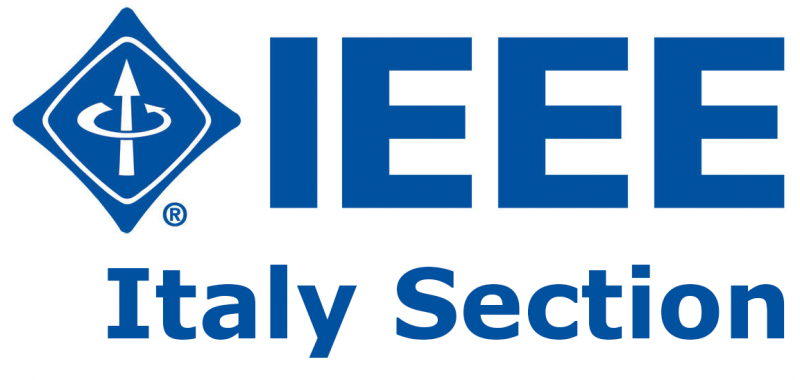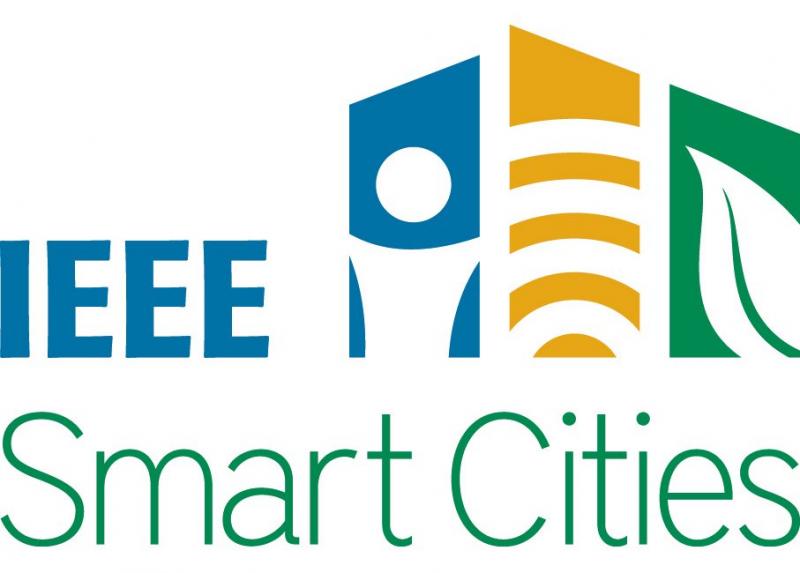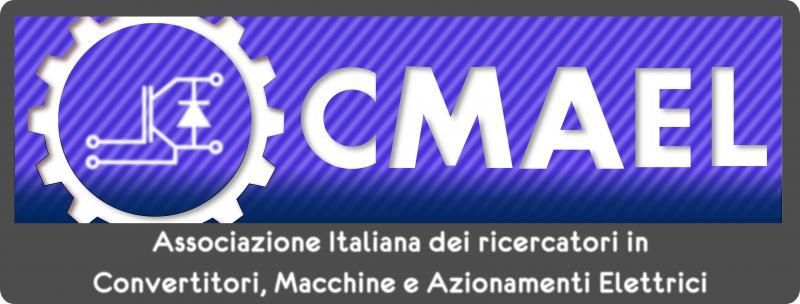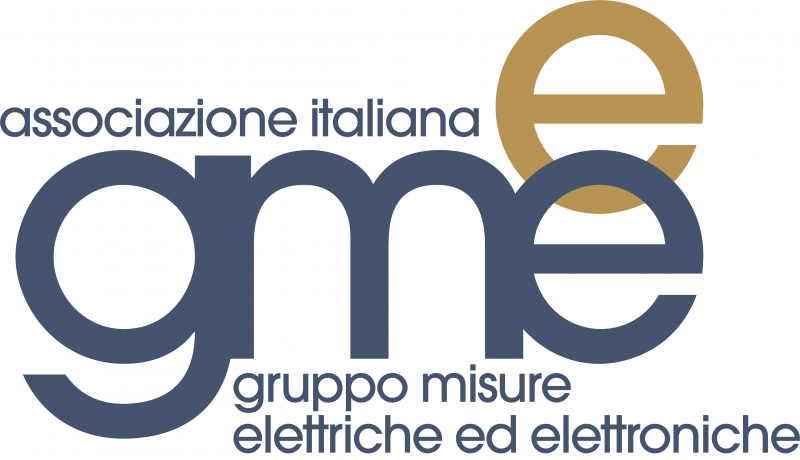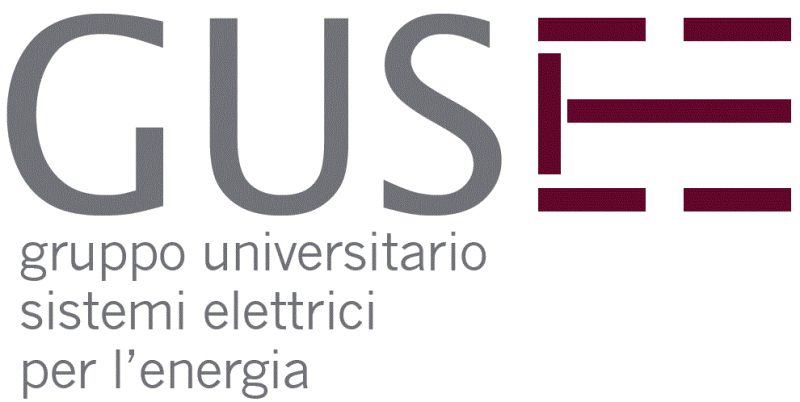IEEE Italy Section School on Future Energy Systems
The IEEE Italy Section along with the Department of Industrial Engineering of the University of Trento (Italy), and the University Associations CMAEL, GMEE and GUSEE, organizes the first edition of the IEEE Italy Section School on Future Energy Systems.
The goal of the School is to provide M.Sc. or Ph.D. Students with state-of-the-art skills in this exciting and broad research field, thus helping them to bridge the gap between different and complementary subjects. The School offers a great opportunity not only to learn new skills, but also to create new connections between attendees and lecturers and to share experiences.
The general topic of the first edition is: measurement and energy management techniques for smart grids.
The first edition of the IEEE Italy Section School of Future Energy Systems will be held at the Department of Industrial Engineering of the University of Trento, from January 26th till January 30th, 2015 and and it will take place in the Polo Scientifico e Tecnologico "Fabio Ferrari", via Sommarive 5 - Trento, Italy.
The School will be activated if a minimum of 15 participants will be enrolled.
The application procedure has been closed.
Rationale of the School
Public Administrations, Companies and citizens are looking for the best policies and technologies to reduce energy waste in order to become more environmentally responsible and to achieve both sustainability and economic profitability.
Reducing energy consumption in buildings, providing smarter power grids, more electric transports, and optimizing industrial processes are certainly some of the main scientific and technical challenges to be tackled in the near future. State-of-the-art technologies for distributed and pervasive sensors, real-time communication networks, advanced measurement and control techniques, networked embedded systems surely play a key role to improve energy systems performances while taking into account uncertainty in power supply sources as well as bid and ask prices.
Moreover, modern energy systems management poses novel research challenges in the development of distributed intelligent applications, since different aspects related to generation, conversion, storage, distribution and efficient use of energy sources need to be jointly considered.
As a result, designing future smart energy systems is intrinsically a multidisciplinary problem that heavily involves knowledge and skills of power systems and electronics, networking, embedded system design, measurement science, control theory, computer science and telecommunications. In addition, energy systems management requires relevant skills in economics and optimization studies.
Due to its interdisciplinary nature, the emerging field of future energy systems needs to bring together experts from several different and complementary subjects. A coherent and exhaustive exposure to such technical contents is generally not still available in courses at the Ph.D. or at the Master levels.
Purposes
The School aims at:
- bringing together experts presenting the state-of-the-art in energy systems
- presenting various analysis perspectives and enabling technologies
- identifying the current and most relevant advancements, challenges, and opportunities in the smart energy systems area
- interacting with distinguished scholars and establishing contacts, so promoting future research collaborations
The Students attending the School lecturers will be able to apply new techniques coming from various scientific communities and backgrounds to their own research domain.
The School is expected to be a unique opportunity to disseminate the research results and to share the experience gained so far by the attendees.
The School is also aimed at establishing a forum to bring together researchers and professionals from diverse fields in either academia or industry to address technical, social and economic issues related to modern and future energy systems.
Topics
The general topic of the 2015 edition of the School is measurement and energy management techniques for smart grids.
The School will cover the main subjects and challenges for accomplishing the management of those energy systems that are expected to cover key roles in future smart grids and smart cities. Aspects relevant to design, implementation, and deployment of power systems for energy generation, distribution, conversion control and optimization will be covered.
General topics of the School include but are not limited to:
- power generation, transmission, distribution, conversion and storage technologies, with a special emphasis on renewable energy sources deployment and the related management issues
- platforms for energy monitoring, management and control
- design principles and performance models
- control and measurement techniques
- signal processing algorithms for energy systems
- communication technologies for smart grids (e.g. power line communication)
- co-simulation of power and telecommunications systems
- power electronics converters for power conditioning and power quality
- electromechanical conversion in generation and efficient use of energy
Requirements
The School requires a full-time Student commitment. The lectures of the School will be in English.
Target Audience and Eligibility
The School target audience include Students and professionals with different backgrounds coming from Universities as well as from Companies that are interested in learning the most recent advancements in the broad area of energy and storage systems.
Potential attendees range from last-year M.Sc. Students or Ph.D. Students working on both power systems and ICT topics, to young researchers and engineers employed in Universities, research centers or Companies. All of them may greatly benefit from the broad vision provided by the School.
Non-EU citizens have to provide a copy of a valid permit of stay for EU Countries or a copy of the passport (with Schengen visa details, if required).
Admission to the School is decided by the Steering Committee on the basis of the applicant’s curriculum vitae (dated and signed).
Application
The application to the School requires filling a form online (the form is accessible from this website); once the deadline has passed, the form online will be automatically disabled.
Mandatory information required:
- for EU citizens: identifying document (ID); for non-EU citizens: permit of stay, or passport (with Schengen visa details, if required)
- signed and dated curriculum vitae
- IEEE membership number (for IEEE members)
The application deadline has been postponed from November 27th to December 4th, 2014 (12.00 Italian time).
Students are required to attend the whole program of the School.
Single day attendance are reserved to researchers and to professionals coming from Companies, to address their time and educational needs. The date(s) of the single day(s) attendance must be specified in the application form.
The applicants will be notified about admission by December 5th, 2014; the admitted applicants will also receive the information about the registration fee and the instructions for the payment.
Registration and payment
The admitted applicants who intend to confirm their participation are required to pay the registration fee.
The registration fee will ensure the participation to the School and includes: course materials and access to University of Trento wireless network.
Please note that accommodation and transportations are not covered.
Registration fee
| whole School | single day 2 | |
| Student | euro 300,00 | --- |
| Student, IEEE member 1 | euro 250,00 | --- |
| IEEE member 1 | euro 350,00 | euro 80,00 |
| non IEEE member | euro 400,00 | euro 100,00 |
(1) For being able to register as IEEE member, the applicant must add to a proof of IEEE membership
(2) The date(s) of the single day(s) attendance must be specified in the application form
The deadline for registering has been postponed from December 15th to December 18th, 2014.
Payment
Accepted applicants are required to pay the registration fee specified in this page before December 18th, 2014 through a wire transfer to:
IEEE Italy Section
via G. Vasari, 4 - 00196 Rome (Italy)
VAT number (if needed): 06211830481
Account holder name: Sezione Italiana “Institute of Electrical and Electronic Engineers”
Bank name and address: Banca Sella, piazza Poli, 38/41 - Rome (Italy) – ZIP: 00162
Account
Nr.: 052824167800
IBAN: IT98A0326803200052824167800
Swift Code: SELBIT2BXXX
Purpose of transfer: SFES15 Registration - <NAME> <SURNAME>
Please send a copy of the payment receipt by e-mail to the Scientific Coordination.
In the subject of the e-mail please write: <NAME><SURNAME> Registration SFES 2015.
Please, consider that all successful applications, which will not be completed by the payment of the registration fee will be withdrawn.
At the end of the School participants will receive a certificate of attendance; the certificate will be issued upon verification of the signatures daily taken during the classes.
Educational resources (registered participants only)
Monday, January 26th, 2015
Opening
Lecturer: Dario Petri, University of Trento (School Scientific Coordination)
Educational resources:
slides
The importance of power electronics in future smart energy systems
Lecturer: Pericle Zanchetta, University of Nottingham (UK)
Educational resources:
slides
Tuesday, January 27th, 2015
Phasor Measurement Units for smart distribution grids
Lecturer: Carlo Muscas, University of Cagliari (Italy)
Educational resources:
slides
The metrological characterisation of PMUs
Lecturer: Jean-Pierre Braun, Federal Institute of Metrology METAS (Switzerland)
Educational resources:
slides, part 1
slides, part 2
Legal and forensic metrology in energy metering
Lecturer: Alessandro Ferrero, Politecnico di Milano (Italy); Veronica Scotti, Politecnico di Milano (Italy)
Educational resources:
slides
Wednesday, January 28th, 2015
Power definitions for electrical systems with non-sinusoidal and unbalanced conditions
Lecturer: Alfredo Testa, Seconda Università of Napoli (Italy)
Educational resources:
slides, part 1
slides, part 2
State estimation for smart grids
Lecturer: Antonio Gómez-Expósito, University of Sevilla (Spain)
Educational resources:
slides, part 1
slides, part 2
slides, part 3
Thursday, January 29th, 2015
Smart meters, neurons of the smart grids of the future
Lecturer: Francesco Profumo, Politecnico of Torino (Italy)
Educational resources:
slides, part 1
slides, part 2
slides, part 3
slides, part 4
Embedded systems for energy efficiency
Lecturer: Alberto L. Sangiovanni-Vincentelli, University of California, Berkeley (USA)
Educational resources:
slides, part 1
slides, part 2
Friday, January 30th, 2015
Smart grids and smart cities
Lecturer: Carlo Alberto Nucci, University of Bologna (Italy)
Educational resources:
slides, part 1
slides, part 2
Who were the partecipants? ...
The qualified applicants of the IEEE Italy Section School on Future Energy Systems were 33 and the effective participants 24.
Participants were researcher, Ph.D. student, master (or post-graduate) student or undergraduate student:
| "working status" | number (of participants) |
| undergraduate student | 1 |
| master (or post-graduate) student | 1 |
| PhD student | 21 |
| researcher | 1 |
They came mainly from Italian Universities:
| University | number (of participants) |
| Bologna | 1 |
| Bolzano | 1 |
| Calabria | 2 |
| Genova | 1 |
| Ateneo de Manila (Philippines) | 1 |
| Messina | 1 |
| Oulu, Thule Insitute (Finland) | 1 |
| Padova | 4 |
| Pavia | 1 |
| Pisa | 1 |
| Roma, La Sapienza | 2 |
| Roma, Tor Vergata | 1 |
| Roma Tre | 1 |
| Torino, Politecnico | 2 |
| Trento | 4 |
... and what did they think about the School?
At the end of the School the participants were requested to complete an evaluation form concerning contents and other scientific aspects, teachers and didactic methodology, organization and
logistic.
The evaluation form and a short report of the given responses are available in the download box.
What about the contents and other scientific aspects...
About contents and other scientific aspects, the participants especially appreciated the relevance for their professional future (average score 4.10, with 1 = low and 5 = high) and the opportunity of contacts with the colleagues (average score 4.45, with 1 = low and 5 = high).
The most interesting contents pointed out by participants were: smart grtids, opportunities and issues in the smart grids, state estimation for smart grids and importance of power electronics in smart grids; new aspect about smart meters; power electronics, energy efficiency, importance of power electronics in future smart energy systems; power converter for smart grids, power convertion state of art and energy storage prospectives; PMUs explanation.
What about teachers and methodology...
Teachers and didactic methodology (knowledge of contents, ability to explain and involve the participants) were also evaluated very positively (average score from 4.11 to 4.74); more details in the short report.
In general, the participants were satisfied with the School (average score 4.60) and they would recommend the School to their colleagues (average score 4.80).

